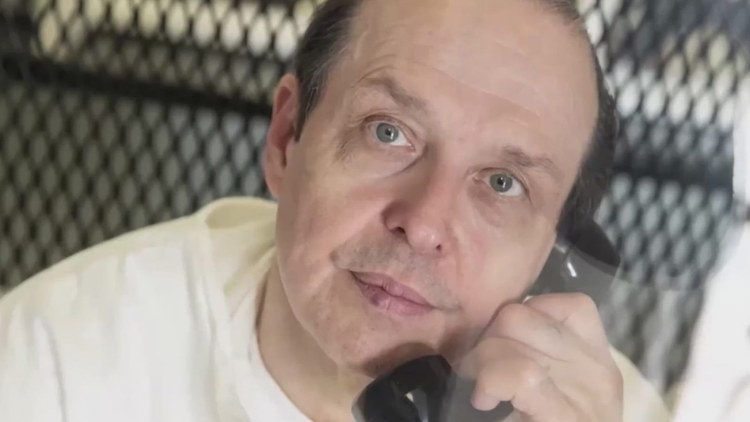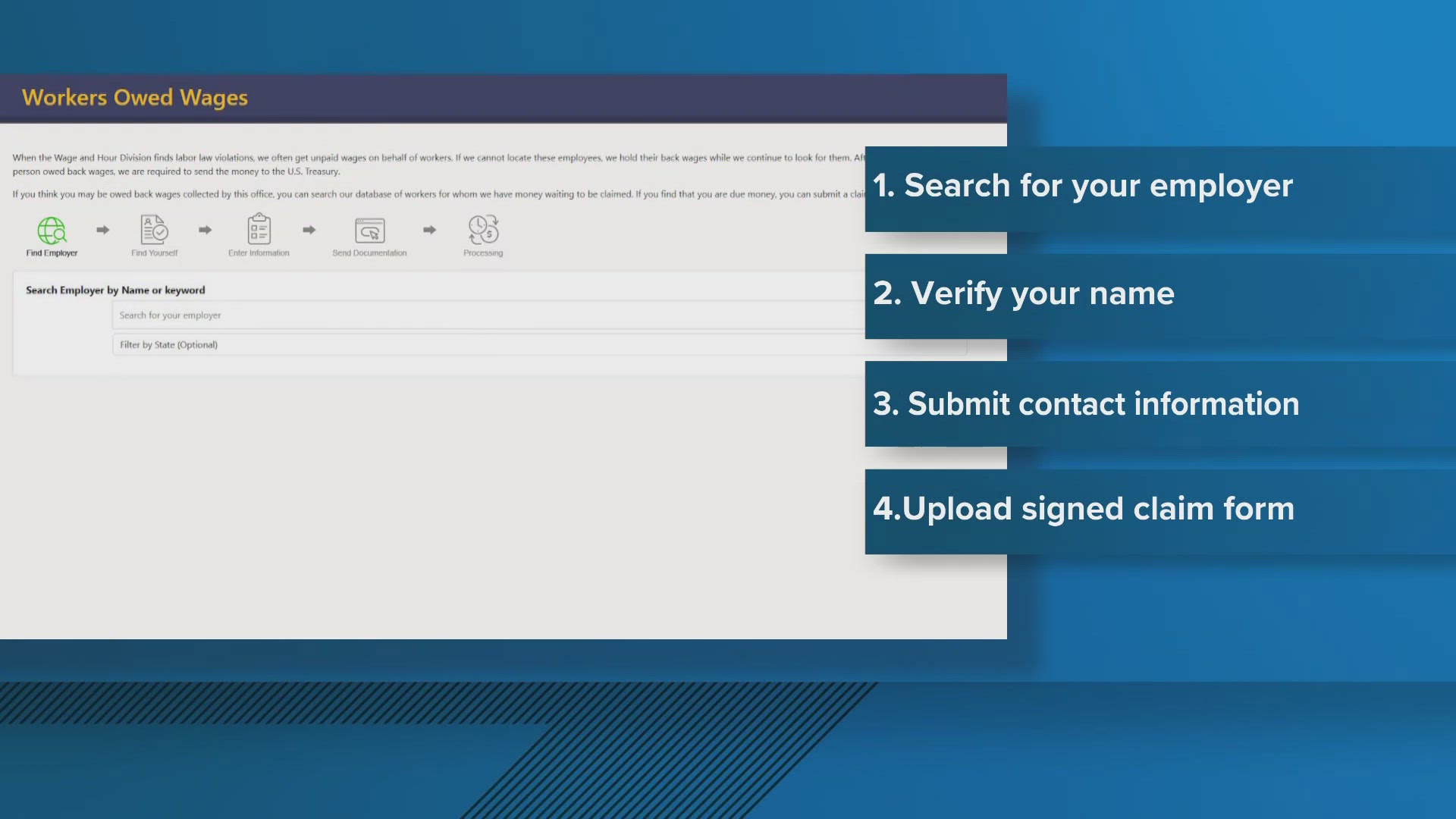HOUSTON — Some legal experts are now calling for a new and fair trial for Robert Roberson based on a recent court decision in a similar case.
Roberson was convicted in 2003 of killing his two-year-old daughter based on a shaken baby syndrome diagnosis. He was scheduled to be executed on Oct. 17, but the Texas Supreme Court halted his execution after a last-minute subpoena for him to testify before a Texas House of Representatives committee.
Now, some are questioning why Texas’ highest criminal court is keeping Roberson on death row after granting a new trial to another man with a murder conviction also blamed on shaken baby syndrome.
On Oct. 9, The Texas Court of Criminal Appeals granted Andrew Roark a new trial, saying that shaken baby syndrome was a debunked science and that other causes of death could lead a jury to conclude no crime was committed. In legal filings obtained by KHOU 11, the court said the original trial experts “would be confronted with 20 years of reputable scientific evidence that contradicts their trial testimony.”
Experts don't understand why the same argument didn't apply to Roberson
"I think there are a number of people, including myself, across the State of Texas that are incredibly troubled by the Court of Criminal Appeals' decision to deny relief, deny any additional hearings or briefing on Mr. Roberson's case," KHOU 11 legal analyst Carmen Roe said.
She added that because Roberson’s case is a death penalty case, it is crucial to get a right.
“If we get this case wrong and he's executed, there are no do-overs. And so, this case could not be more important,” Roe said. “Make no mistake, if we get Roberson wrong, we call into question the use of the death penalty in every case.”
Roe also said the House committee hearing on Roberson’s case is a result of the Roark decision. While Roberson did not appear for that committee hearing Monday, the focus for lawmakers was checking if the courts are correctly implementing Texas’ 2013 “junk science” law.
On the latest “Inside Texas Politics,” Republican State Rep. Lacey Hull, who represents Houston, said it was unclear why the Criminal Court of Appeals is applying the law to Roark’s case but not Roberson’s case.
"The statute is clear as to what needs to be done here and how it needs to be followed. The court is just choosing not to do it,” Rep Hull said. “We don't want innocent people in prison, and we certainly do not want innocent people executed in Texas."
KHOU 11 reached out to the Criminal Court of Appeals Tuesday morning to ask about Roberson’s case and why their decisions are different in the Roark and Roberson cases. As of Tuesday night, we have not heard back.



